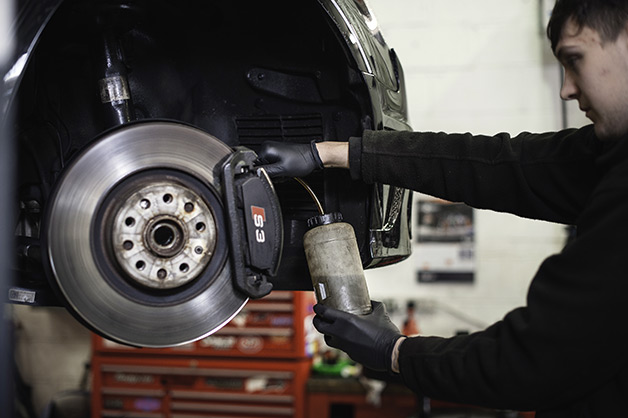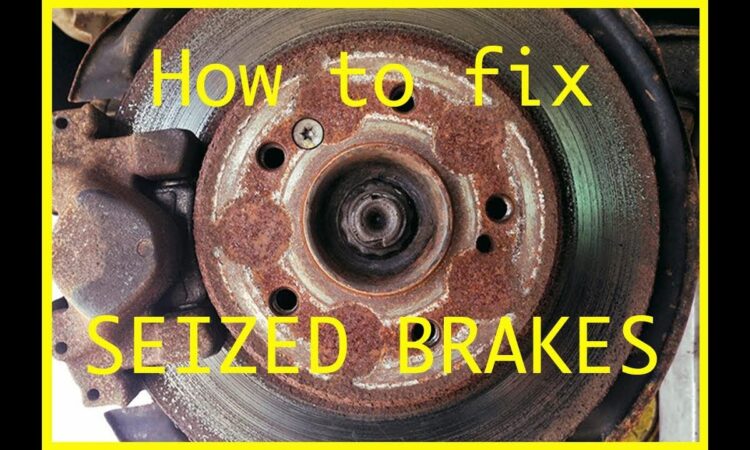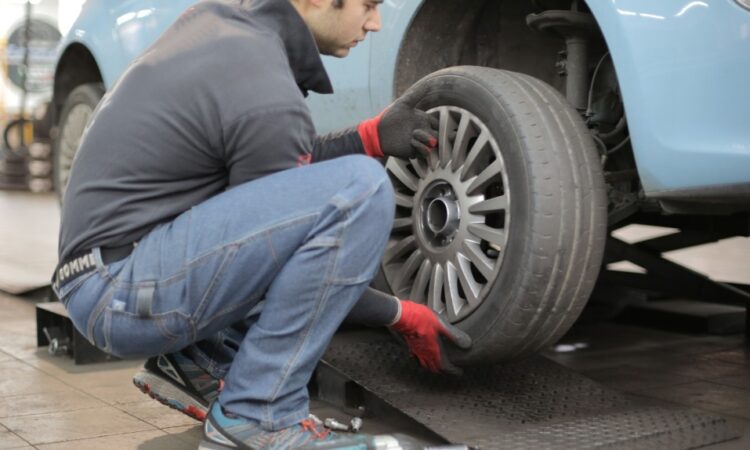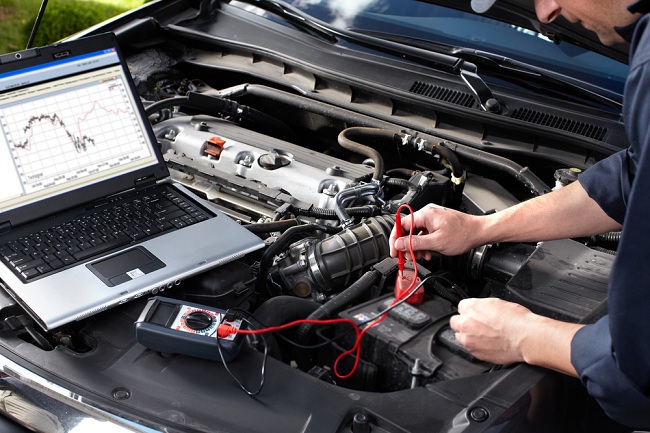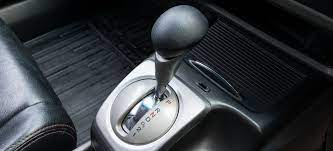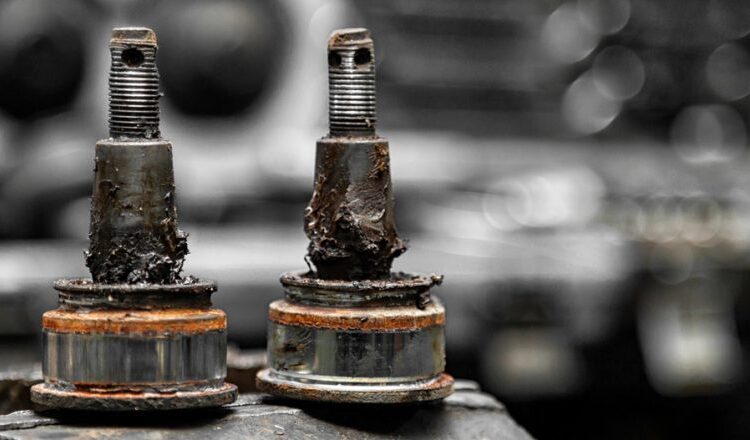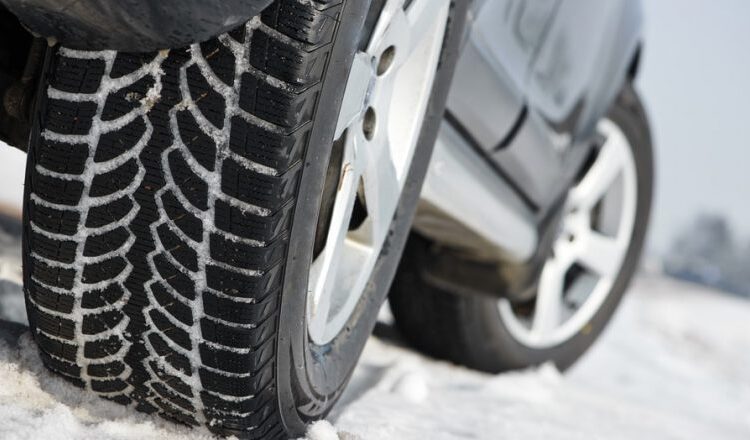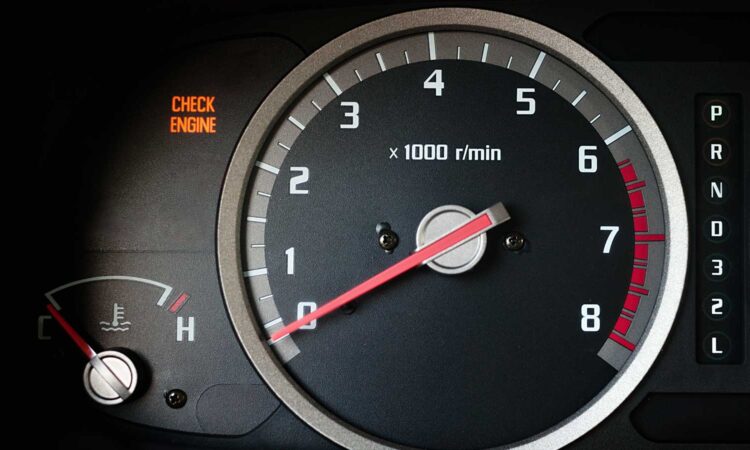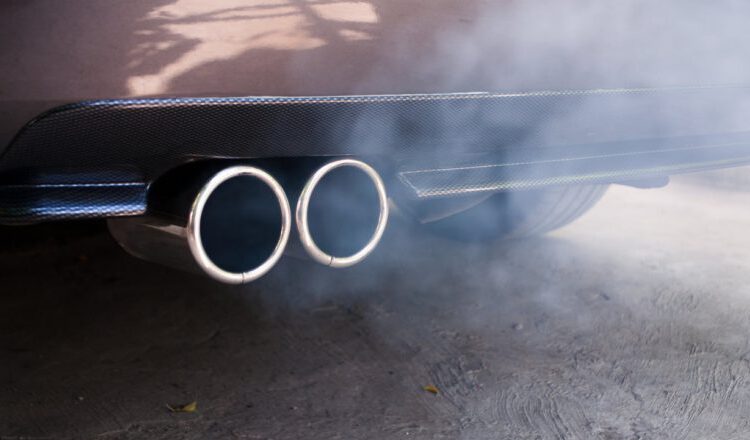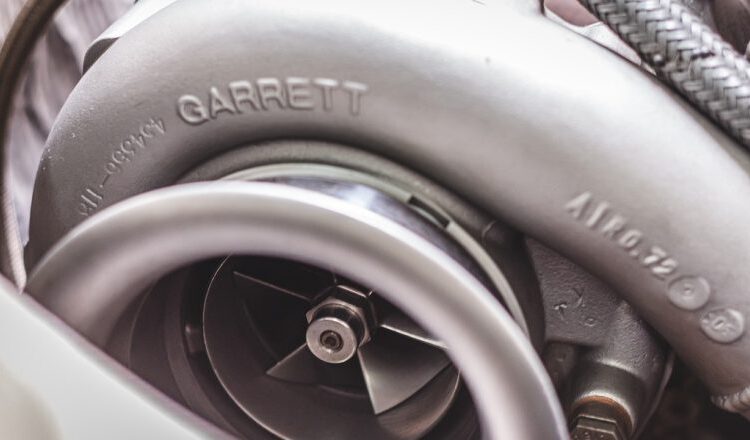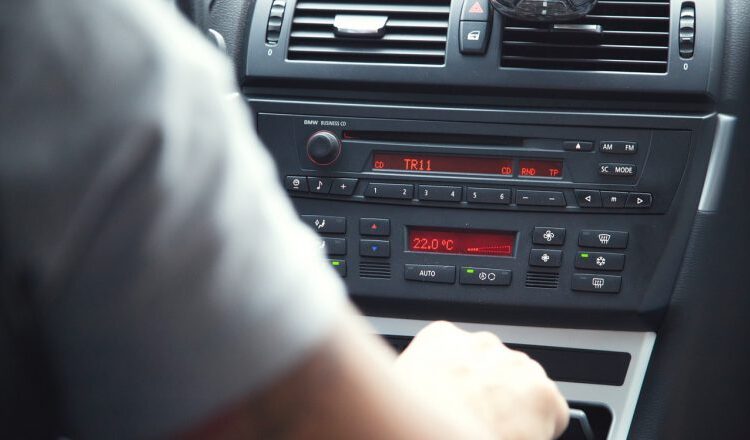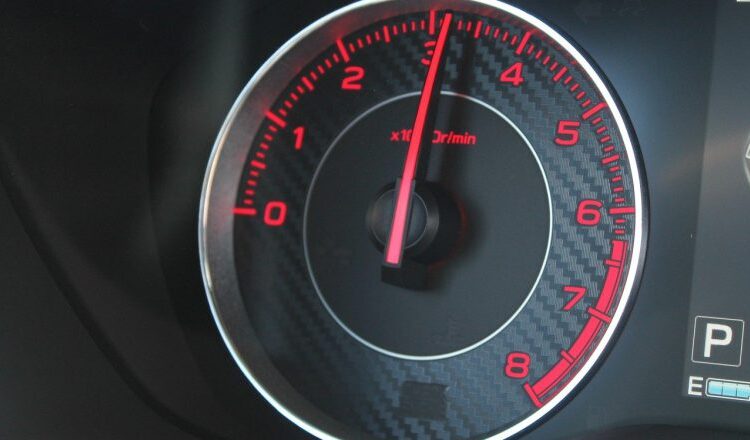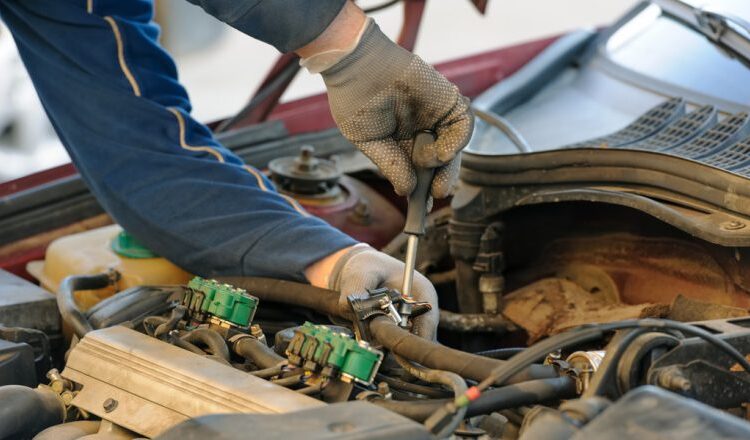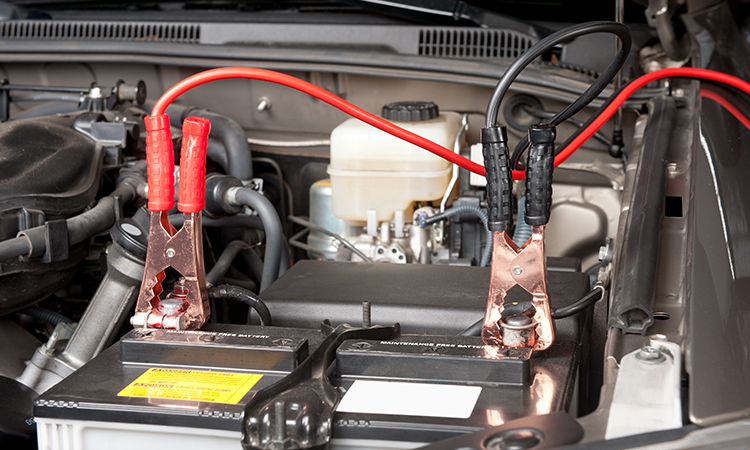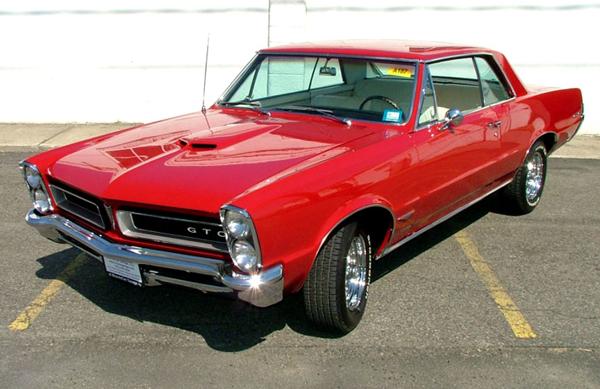
Ensuring effective braking goes beyond just rapidly reducing speed without losing grip; it also involves providing comfort for the driver. On occasion, depressing the brake pedal can induce unpleasant vibrations in the steering wheel. Understanding the possible causes and addressing them is crucial.
Steering wheel vibrations during braking have a direct impact on both travel comfort and safety. They can compromise the driver’s focus and poise, potentially leading to a loss of traction. Furthermore, in some instances, these vibrations may indicate issues with the braking system. Prompt elimination of such vibrations is essential, underscoring the importance of timely diagnosis and repairs.
What may be the cause of steering wheel vibration when braking?
Several factors can contribute to steering wheel vibration when braking, with damaged discs being a primary culprit. Diagnosing the problem should commence with a thorough examination of the brake discs, checking for signs of bending, chipping, or breakage. Such issues often stem from regular wear and tear, though instances of aggressive driving or sudden exposure of a heated disc to water can also play a role.
Another potential source of steering wheel vibration during braking is associated with the rear brakes, particularly when the rear axle is under load. Vibrations may also arise from worn brake pads or calipers.
Suspension fault
It’s worth noting that not all instances of vibrations can be attributed to braking system components; suspension faults can also contribute to wheel vibrations transmitted to the steering wheel. Factors such as poor wheel alignment and unbalanced tires can further exacerbate vibrations.
A critical reminder is for drivers who have recently changed their wheels and experience vibrations during braking. In such cases, an immediate inspection of the wheel attachment is necessary. Loose wheel attachments can result in steering wheel shaking during deceleration, and driving in such a condition poses a risk of a serious accident.
Beyond affecting driving comfort and safety, prolonged exposure to vibrations can lead to damage to other vehicle components, including parts of the steering system, such as rods. Addressing the root cause of vibrations promptly is imperative to prevent further complications and ensure continued safe operation of the vehicle.
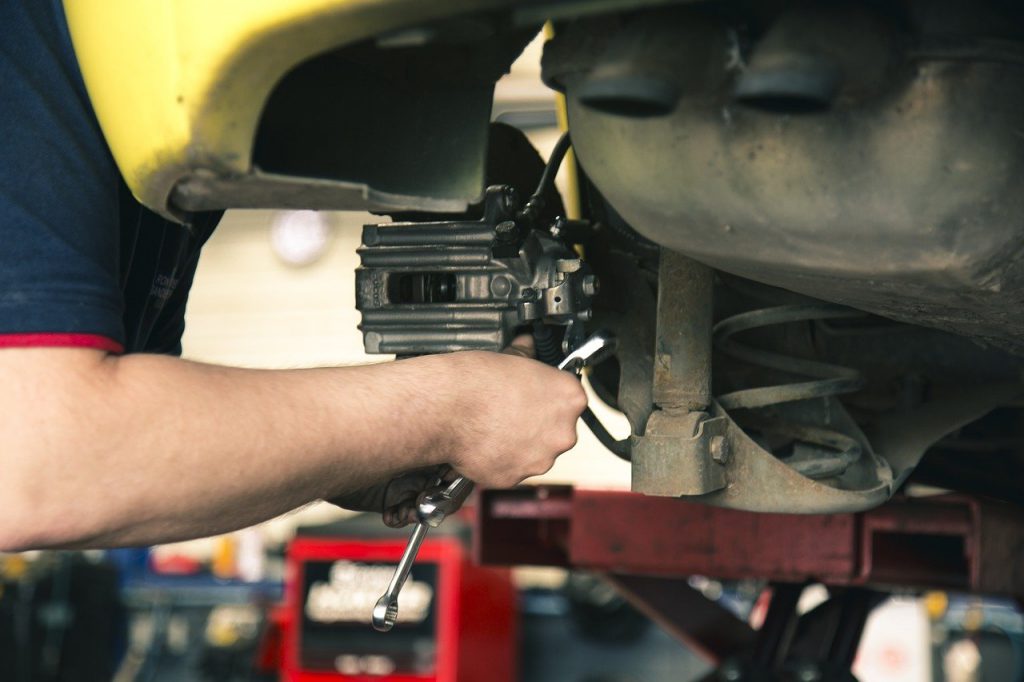
Steering wheel vibration when braking: how to eliminate it?
Efficient braking involves more than just rapidly reducing speed without sacrificing grip; it also contributes to the driver’s comfort. However, at times, depressing the brake pedal can lead to unwelcome vibrations in the steering wheel. What could be the causes of these vibrations, and how can they be resolved?
Steering wheel vibrations during braking can compromise both travel comfort and safety. They diminish the driver’s focus and composure, potentially causing a loss of traction. In certain instances, they may indicate brake damage. It is imperative to address these vibrations promptly, as delaying diagnosis and repair is not advisable.
Several factors may contribute to steering wheel vibrations during braking, with damaged discs being the primary culprit. Diagnostics should commence with an examination of the brake discs, which might be bent, chipped, or broken. This damage typically results from wear and tear, but it can also occur due to reckless driving or the sudden contact of a heated disc with water.
The vibrations are not always on the steering wheel; you will also feel them on the pedal
Another potential cause of steering wheel vibrations during braking is an issue with the rear brakes, particularly when the rear axle is under load. Additionally, worn brake pads or calipers can lead to vibrations during braking.
It is essential to recognize that not all instances of vibration can be attributed to the braking system. Suspension faults, for example, can also induce wheel vibrations that quickly transmit to the steering wheel. It’s crucial to keep in mind that improper wheel alignment and unbalanced tires are potential contributors to vibrations.
A noteworthy caution is in order: if you notice vibrations in the steering wheel after changing wheels, promptly check the wheel attachment. Loose wheel tightening can be a cause of steering wheel shaking during deceleration. Continuing to drive under such conditions poses the risk of a serious accident.
These vibrations not only impact driving comfort and safety but can also result in damage to other components, such as parts of the steering system (e.g., rods). Prolonged driving with this condition increases the likelihood of extensive brake wear. Addressing the root cause of the vibrations promptly is imperative.

